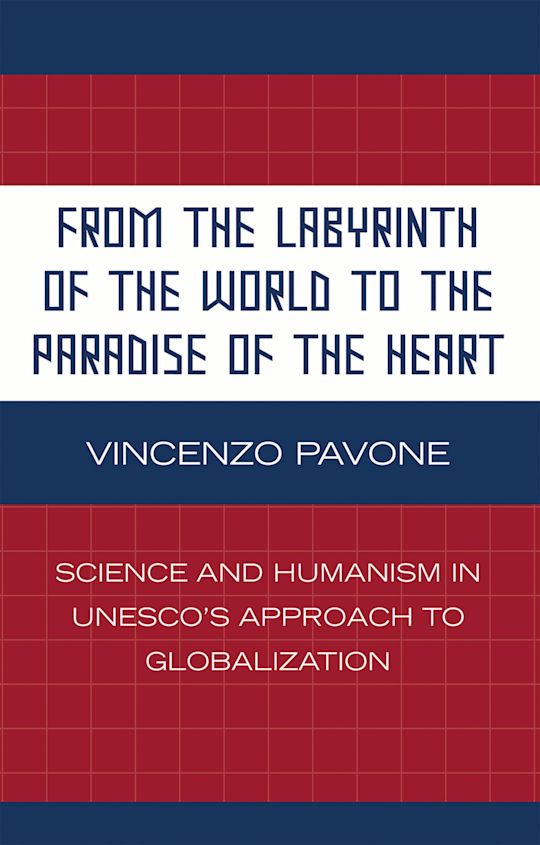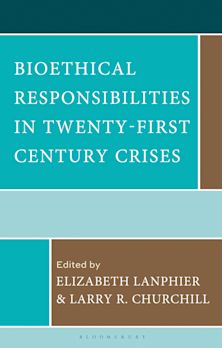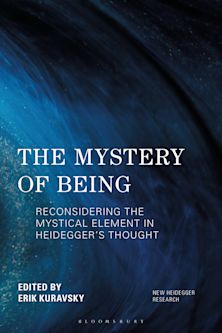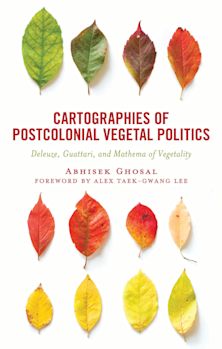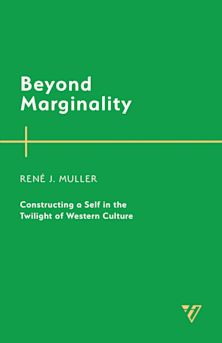- Home
- ACADEMIC
- Philosophy
- Philosophy - Other
- From the Labyrinth of the World to the Paradise of the Heart
From the Labyrinth of the World to the Paradise of the Heart
Science and Humanism in UNESCO's Approach to Globalization
From the Labyrinth of the World to the Paradise of the Heart
Science and Humanism in UNESCO's Approach to Globalization
This product is usually dispatched within 2-4 weeks
- Delivery and returns info
-
Flat rate of $10.00 for shipping anywhere in Australia
You must sign in to add this item to your wishlist. Please sign in or create an account
Description
While there is ever-growing literature on the economic, cultural, and political aspects of globalization, there are no critical, up-to-date studies on its philosophical and ideological underpinnings. Vincenzo Pavone fills this gap in the literature by analyzing one of the most interesting actors operating on a global scale: the United Nations Educational, Scientific, and Cultural Organization (UNESCO). By discussing the relation between scientific humanism and the development of UNESCO, the author studies the relationship between UNESCO and the changes which have occurred in its self-perception, its identity, and its vision of globalization.
The first part of the book discusses the emergence of scientific humanism among thinkers such as Bacon, Comenius, and the Puritan reformers, and goes on to detail its subsequent connection with the religious reformation proposed by positivists such as Saint-Simon, Comte, and Renan. Pavone also assesses the influence of both 17th and 19th century scientific humanism on the ideas of Julian Huxley, the founding father of modern scientific humanism and the first Director of UNESCO. In its second part, Pavone outlines and evaluates the role played by scientific humanism in the history of UNESCO by inspiring a conception of it as a truly global organization-a conception applicable to the first decade of its existence and revived after the end of the Cold War. The third part discusses the relationship between scientific humanism and UNESCO with respect to four of its programmes: the Management of Social Transformations Programme (MOST), the International Bioethics Committee (IBC), the Dakar Framework for Action, and the Culture of Peace Programme (CPP).
Based on a universal reform of education, the creation of a system of global governance, and the philosophical appeal of a culture of peace based on science, humanism, and human rights, UNESCO's vision of globalization represents an intriguing example of how our global future has been conceived and, to some extent, realized.
Table of Contents
Chapter 2 List of Abbreviations
Chapter 3 Preface
Chapter 4 Acknowledgments
Chapter 5 Introduction
Chapter 6 1 The UNESCO Idea and Its Historical Predecessors
Chapter 7 2 Intergovernmental vs. Global: UNESCO and Its Double Identity
Chapter 8 3 The Humanism of Development
Chapter 9 4 UNESCO, Scientific Humanism, and Global Governance
Chapter 10 5 Globalization, Science, and the Minds of Men: Humanism in Action
Chapter 11 6 UNESCO and the Discourses on Science, Education, and Peace
Chapter 12 Conclusion
Chapter 13 Bibliography
Chapter 14 Index
Chapter 15 About the Author
Product details
| Published | 13 May 2008 |
|---|---|
| Format | Hardback |
| Edition | 1st |
| Extent | 276 |
| ISBN | 9780739122624 |
| Imprint | Lexington Books |
| Dimensions | 239 x 161 mm |
| Series | Critical Media Studies: Institutions, Politics, and Culture |
| Publisher | Bloomsbury Publishing |
About the contributors
Reviews
-
In this book, Vincenzo Pavone offers a strikingly original and rigorous new look at globalization-instead of focusing, as most studies do, on the economic and political forces behind it, he analyzes this phenomenon's philosophical bases. He offers the reader a fascinating intellectual journey through the origins and development of scientific humanism and how this set of ideas has shaped the activities of UNESCO. Pavone exhibits a rare combination of historical scope in his exploration of scientific humanism and analytical precision in the analysis of the correlations between scientific humanist ideas and UNESCO's world view. This book will rank with the very best studies on the influence of ideas in the shaping of public policies.
Francisco Herreros, Spanish National Research Council (CSIC)
-
Vincenzo Pavone's thought-provoking study of UNESCO provides us with an important analysis of the philosophical and spiritual features of globalization. The scientific humanism that underlies UNESCO's programmes, as appealing as it may often sound, is not without dangers. Being presented as the only valid way to global peace, it is based on a partial understanding of the sources of violence; and being promoted top-down by an international organization, it can become a source of illegitimate power. This book widens our horizon about globalization, and it provides a critical edge on the work of international organizations. In both respects, it is highly needed.
Peter Wagner, University of Trento, Italy
-
At the heart of this book is a clear analysis of 'Scientific Humanism,' which has informed UNESCO's vision of globalization. The author investigates the role that such an important international actor has played for the intellectual and political construction of globalization. Vincenzo Pavone, whose hope is nothing less than to make UNESCO reconsider its contribution 'to inspire peace in the mind of men,' offers an important and much needed perspective on the study of globalization....
Antonio Cobalti, University of Trento, Italy
-
At the heart of this book is a clear analysis of 'Scientific Humanism,' which has informed UNESCO's vision of globalization. The author investigates the role that such an important international actor has played for the intellectual and political construction of globalization.
Vincenzo Pavone, whose hope is nothing less than to make UNESCO reconsider its contribution 'to inspire peace in the mind of men,' offers an important and much needed perspective on the study of globalization.Antonio Cobalti, University of Trento, Italy









